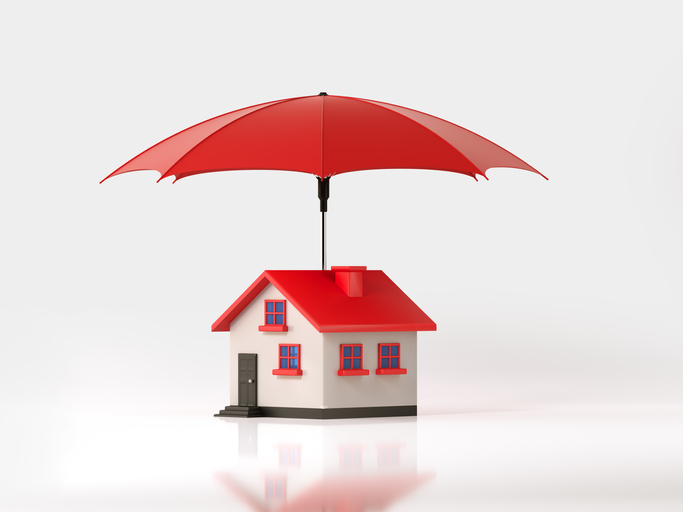Property managers have responsibilities that extend beyond day-to-day operations to safeguard their residents’ well-being in the face of natural disasters. The summer season, known for its warmth and sunshine, can also bring about severe weather events such as hurricanes, wildfires, and severe storms. Proactively preparing for these potential emergencies is crucial to ensuring the safety of your residents and the protection of your property.
This comprehensive guide will explore essential tips and strategies for property managers to develop effective summer emergency plans. From risk assessment and communication strategies to evacuation protocols and resource allocation, let’s delve into the measures you can take to safeguard your property and residents during times of crisis.
Table of Contents
Conduct a Comprehensive Risk Assessment
Before crafting a summer emergency plan, conduct a thorough risk assessment of your property. Identify the potential natural disaster risks in your region during the summer months. Depending on your location, this could include hurricanes, wildfires, flooding, or severe storms.
Work with local emergency management agencies to understand the specific hazards and recommended safety measures for your area. By gaining insights into your property’s unique risks, you can effectively tailor your emergency plan to address these challenges.
Develop a Detailed Emergency Action Plan
Once you’ve assessed the risks, develop a comprehensive emergency action plan that outlines specific steps to take before, during, and after a natural disaster. Your plan should include clear protocols for various scenarios, such as evacuation procedures, sheltering in place, and communication strategies.
Assign roles and responsibilities to your property management team members to ensure a coordinated and organized response during emergencies. Regularly review and update your emergency action plan to reflect any changes in property layout, staff, or local regulations.
Establish Effective Communication Channels
Effective communication is paramount during a natural disaster. Establish reliable communication channels to notify residents of emergencies swiftly and promptly and provide critical updates. Utilize multiple communication methods, including text messages, emails, social media, and automated alerts, to ensure that residents receive timely information.
Consider implementing a designated emergency hotline or website where residents can access the latest updates, safety instructions, and resources. Clear and concise communication can help alleviate panic, guide residents through necessary actions, and keep everyone informed and connected.
Educate Residents on Emergency Procedures
Educating your residents about emergency procedures is essential for their safety and well-being. Provide informational materials, such as brochures or flyers, that detail evacuation routes, assembly points, and important contact information. Host regular meetings or workshops to review emergency protocols and answer residents’ questions.
Encourage residents to create personal emergency plans for themselves and their families, including communication methods, meeting places, and necessary supplies. By empowering residents with the knowledge they need to respond effectively to emergencies, you contribute to a safer and more resilient community.
Plan for Special Needs Residents
Be mindful of residents with special needs or disabilities when crafting your emergency plan. Designate accessible evacuation routes and safe areas for individuals with mobility challenges. Ensure that communication methods are inclusive and can accommodate various communication needs.
Maintain a registry of residents with special needs and create a system to check on their well-being during and after a disaster. Collaborate with local organizations and agencies that support individuals with disabilities to enhance your property’s readiness to assist these residents effectively.
Coordinate with Local Authorities
Collaboration with local emergency management agencies and authorities is crucial for a coordinated response to natural disasters.
Establish relationships with key local contacts, such as fire departments, police, and disaster response teams. Familiarize yourself with their protocols and procedures to ensure seamless coordination during emergencies.
Participate in community emergency drills and exercises to practice your property’s response and test the effectiveness of your emergency plan. These simulations will help identify areas for improvement and refine your property’s readiness for various disaster scenarios.
Secure Essential Resources & Supplies
Stockpile essential resources and supplies to sustain your residents and property during and after a natural disaster. These supplies should include non-perishable food, water, first aid kits, flashlights, batteries, and necessary medical equipment. Establish a rotation schedule to check and replace expired items to ensure their functionality regularly.
Additionally, consider installing emergency backup systems for crucial property functions, such as power generators or alternative water sources. Access to these resources can significantly enhance your property’s resilience and ability to support residents during emergencies.
Preparing for natural disasters requires thorough planning, diligent execution, and a commitment from property managers to ensure the safety and well-being of your residents. Having a well-prepared property safeguards the physical structure and creates a sense of security and trust among residents. By prioritizing the safety and resilience of your property, you contribute to building a stronger, more connected, and resilient community that can weather any storm.
















